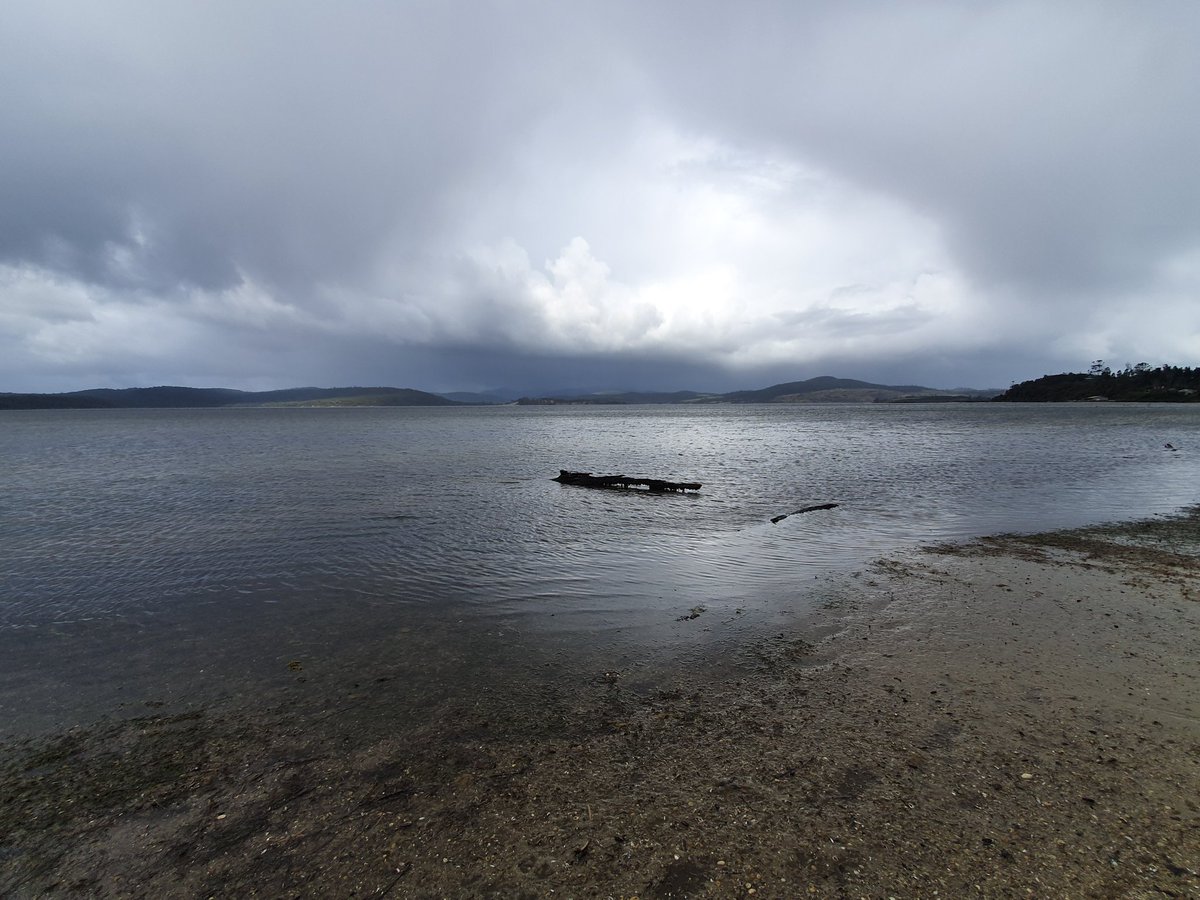
Obviously bad news because "more people dying of cancer and heart disease" is worse than "fewer people dying of cancer and heart disease".
But these are "diseases of affluence" that particularly affect people who live long and healthy enough lives not to die of other causes.
But these are "diseases of affluence" that particularly affect people who live long and healthy enough lives not to die of other causes.
The fall in HIV mortality is stunning. Penetration of antiretrovirals is pretty good in sub-Saharan Africa these days.
aho.afro.who.int/trackers/af?tr…
aho.afro.who.int/trackers/af?tr…
That's largely due to the large number of HIV treatments available at low cost under WTO rules that have fallen from use since ~2008.
That's highly relevant to the debate over licensing Covid vaccines -- I'm not sure this achievement would be possible under current rules.
That's highly relevant to the debate over licensing Covid vaccines -- I'm not sure this achievement would be possible under current rules.
Cancer treatments, for instance, are very rarely available under compulsory license in the way that HIV therapies are.
Of course, the problems of treating cancer go well beyond drugs to the whole problem of underfunded healthcare systems.
Of course, the problems of treating cancer go well beyond drugs to the whole problem of underfunded healthcare systems.
Small footnote -- this is not technically "sub-Saharan Africa" but the weird WHO Africa region, which excludes Sudan and Somalia among SSA countries but includes Algeria.
The WHO regions make no sense that I can see.
The WHO regions make no sense that I can see.
Pretty stunning fact on this front: Kenya, with a population bigger than that of Spain, has *22 oncologists*. In total.
who.int/bulletin/volum…
who.int/bulletin/volum…
I'm pretty sure there are *hospitals* in rich countries with more than 22 oncologists.
• • •
Missing some Tweet in this thread? You can try to
force a refresh



















